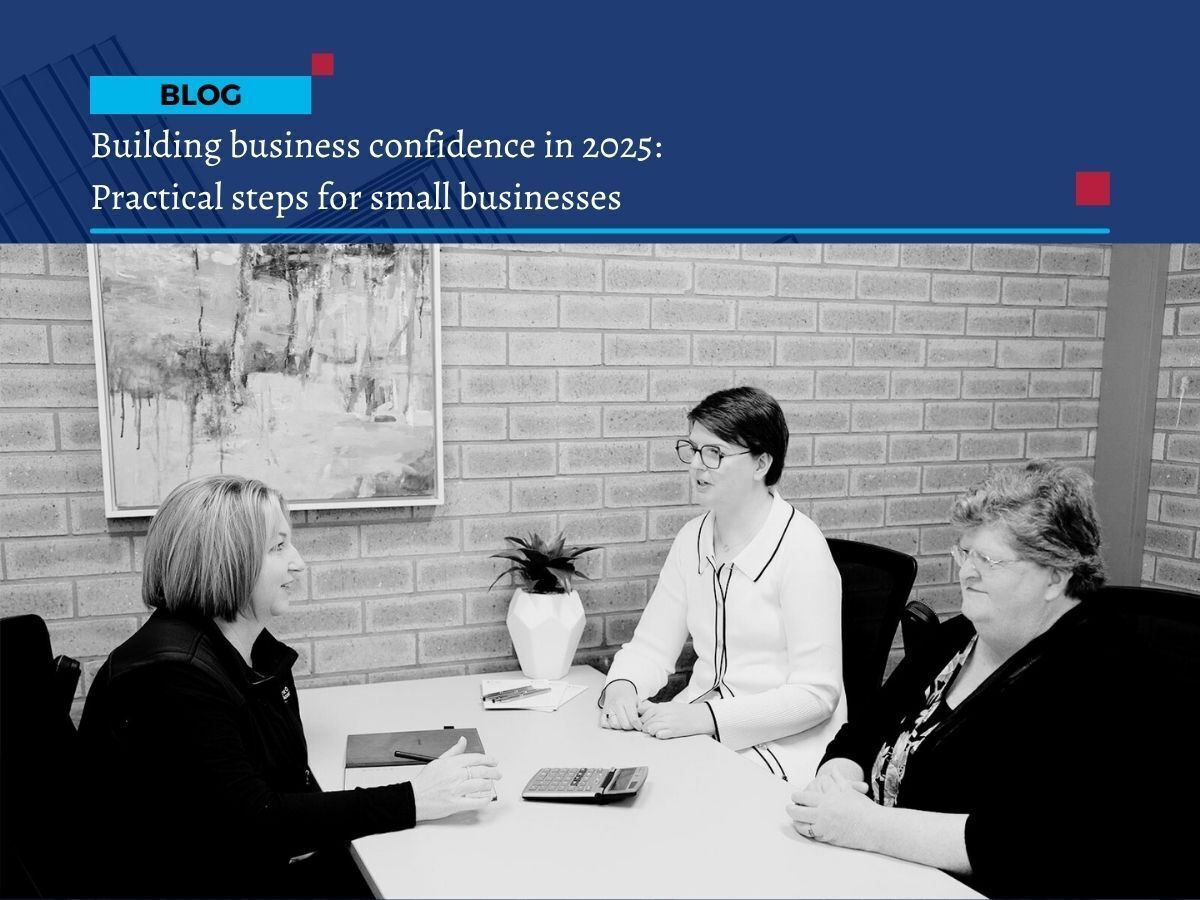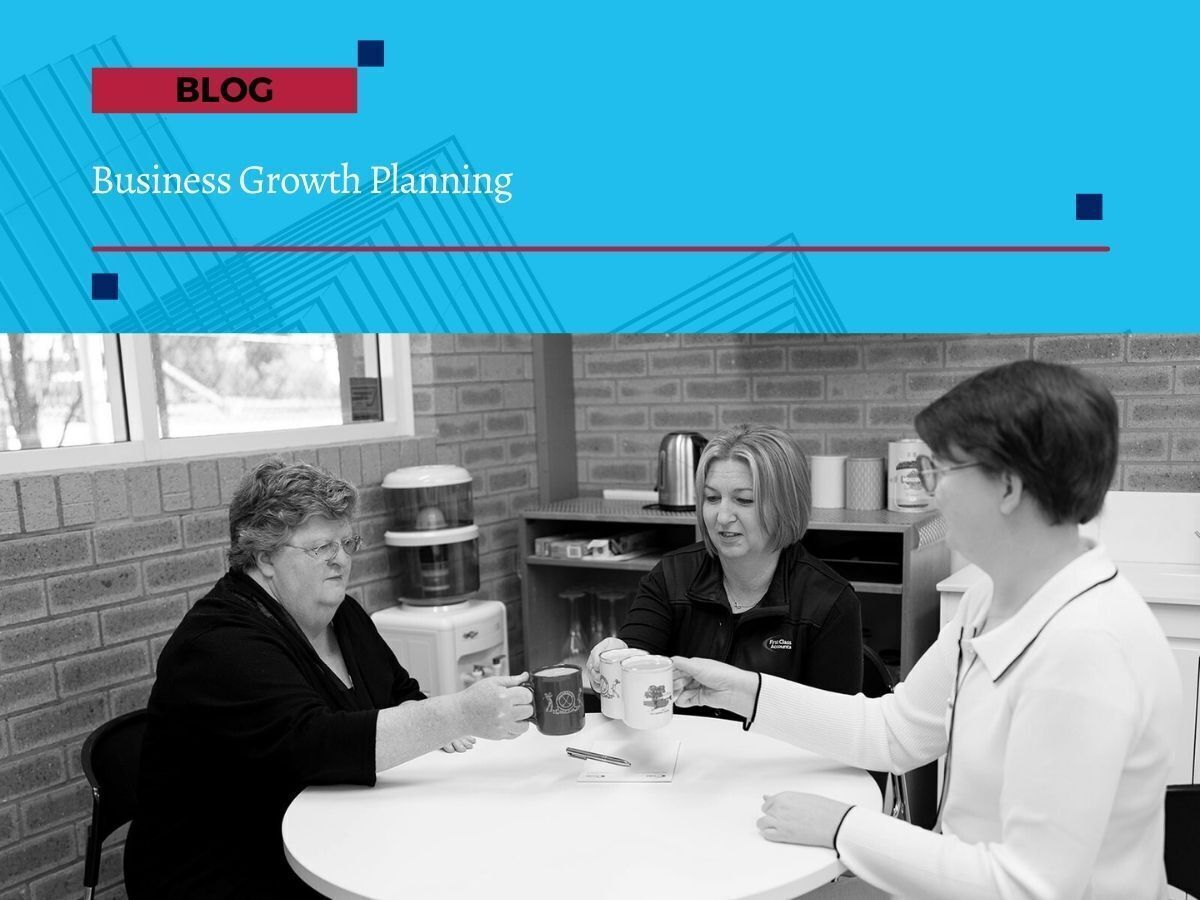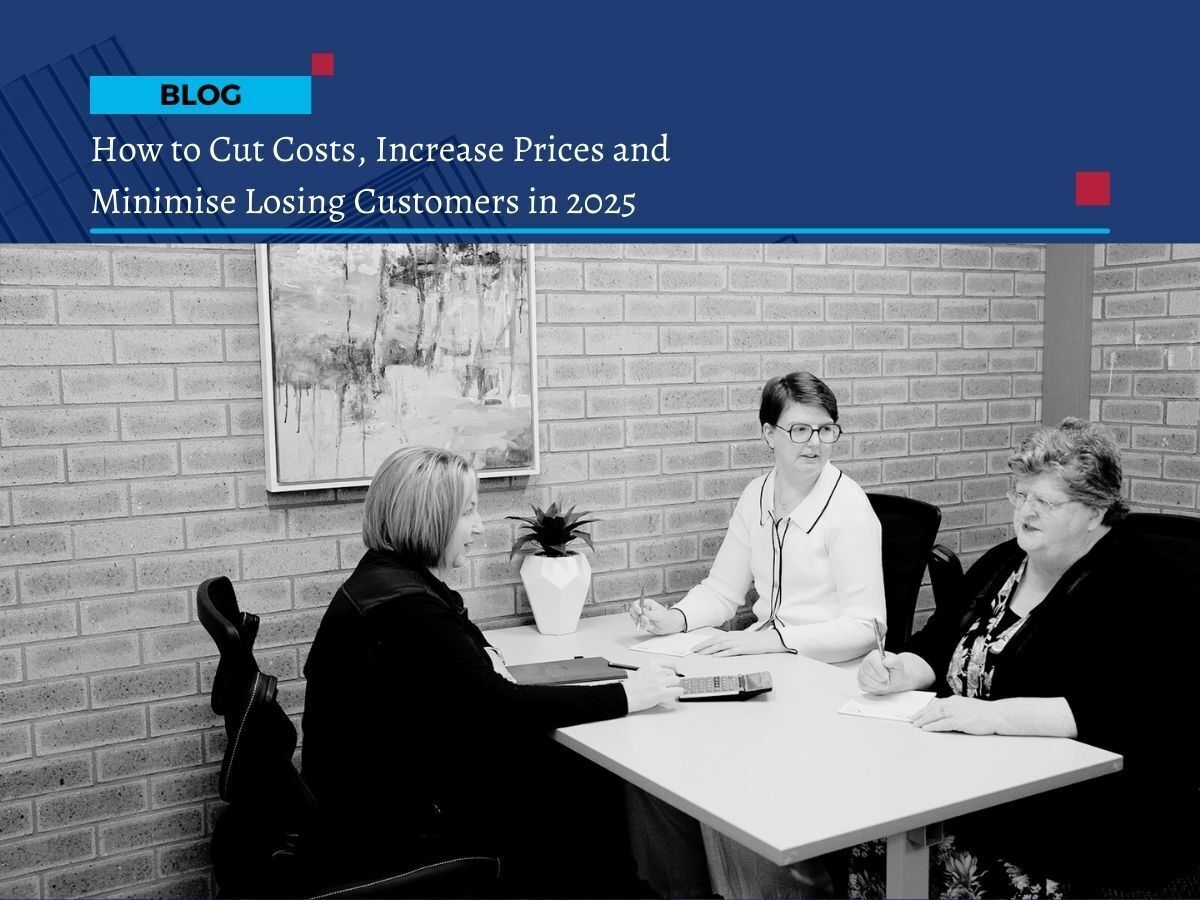
Managing business risk
Managing business risk
Practical steps for small businesses
Running a business always involves risk. But the type of risks you face and how you prepare for them can make the difference between stability and chaos.
Financial and operational risks are the ones that most often catch business owners out. The good news is that with the right planning and support, they don’t need to.
Understand your cash flow position
Cash flow is one of the most important indicators of business health. If you don’t know what’s coming in and going out, you’re opening the door to unnecessary risk.
Late supplier payments, missed ATO deadlines, or not having enough to cover wages are all warning signs that cash flow isn’t under control.
A clear forecast will help you see these issues in advance so you can take action before they become a crisis.
At First Class Accounts Ovens & Murray, we work with you to create clear and practical cash flow forecasts so you always know what’s ahead.
Make payroll and people payments a non-negotiable
Few things damage trust faster than incorrect or late wages.
Payroll is more than just processing a weekly pay run, it’s also about compliance with Single Touch Payroll, paying superannuation on time, and tracking leave entitlements correctly.
A strong payroll process removes the risk of errors, penalties, and unhappy employees.
Our team makes sure your payroll runs smoothly, on time, and in line with all compliance requirements – giving you and your employees peace of mind.
Use the right tools to reduce mistakes
The right business apps do more than save time, they reduce risk.
From job management and time tracking through to expense management, the right technology makes sure your data is accurate and up to date.
When your numbers are reliable, your decisions are safer. Many small businesses either aren’t using the right tools or aren’t using them properly, which increases the chance of errors.
We help you choose and set up the right apps for your business, making sure they integrate seamlessly and give you reliable, useful data.
Stay on top of compliance
ATO lodgements, BAS, IAS, and reporting deadlines come around quickly. Missing these not only creates stress but can also lead to fines and penalties.
Having a reliable bookkeeping service means these tasks are taken care of on time, every time. That consistency protects your business from compliance risks.
With First Class Accounts Ovens & Murray, you never have to worry about missing a deadline. We handle it all for you, accurately and on time.
Don’t just look at the numbers – understand them
One of the most overlooked risks in business is decision-making without the right information.
It’s not enough to just record transactions. You need to understand what the numbers mean so you can make informed choices about growth, investment, and planning for the future.
Having a bookkeeper who explains the numbers in plain language can give you the clarity you need. We take the time to do this so you can make confident decisions with clarity.
Planning ahead gives you stability
Risk management isn’t about avoiding risk completely, that’s impossible. It’s about anticipating where problems might occur and putting systems in place to deal with them.
By focusing on your cash flow, payroll, compliance, and the right tools, you’re building a stronger and more stable business.
At First Class Accounts Ovens & Murray, we take the stress out of financial and operational risks by managing the details for you. That way, you can focus on running your business with confidence.
If you’re ready to reduce risk and feel more in control of your business, contact us today to get started.
Common questions about managing business risk
What are the biggest financial risks for small businesses?
The biggest financial risks usually come from poor cash flow, late payments, compliance issues, and payroll mistakes. These risks can quickly affect your ability to pay staff, suppliers, or the ATO. Working with a professional bookkeeper like First Class Accounts Ovens & Murray helps reduce these risks by keeping your cash flow clear, your payroll accurate, and your compliance up to date.
How can small businesses reduce operational risks?
Operational risks can be reduced by putting strong systems and processes in place. That includes using the right apps, having reliable bookkeeping support, and making sure deadlines are never missed. At First Class Accounts Ovens & Murray, we help set up and maintain these systems so your business runs smoothly and with fewer surprises.
Why is risk management important for the future of a business?
Risk management is important because it helps protect your business from financial stress and unexpected problems. By anticipating issues early and planning ahead, you can make informed decisions and stay compliant. First Class Accounts Ovens & Murray provides practical support to give you confidence and stability, now and in the future.
If managing business risk feels overwhelming, let First Class Accounts Ovens & Murray guide you. Talk to us about tailored support for your business.







